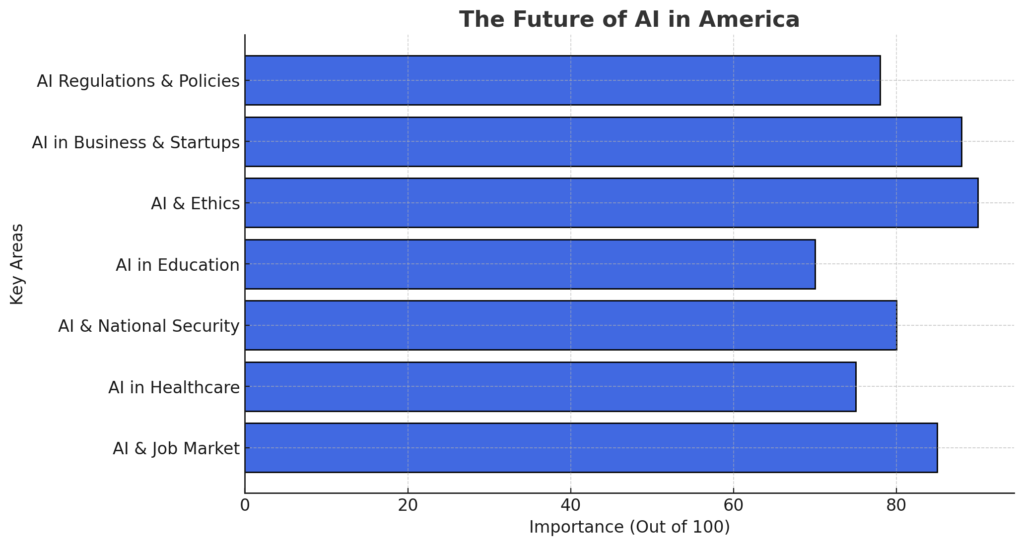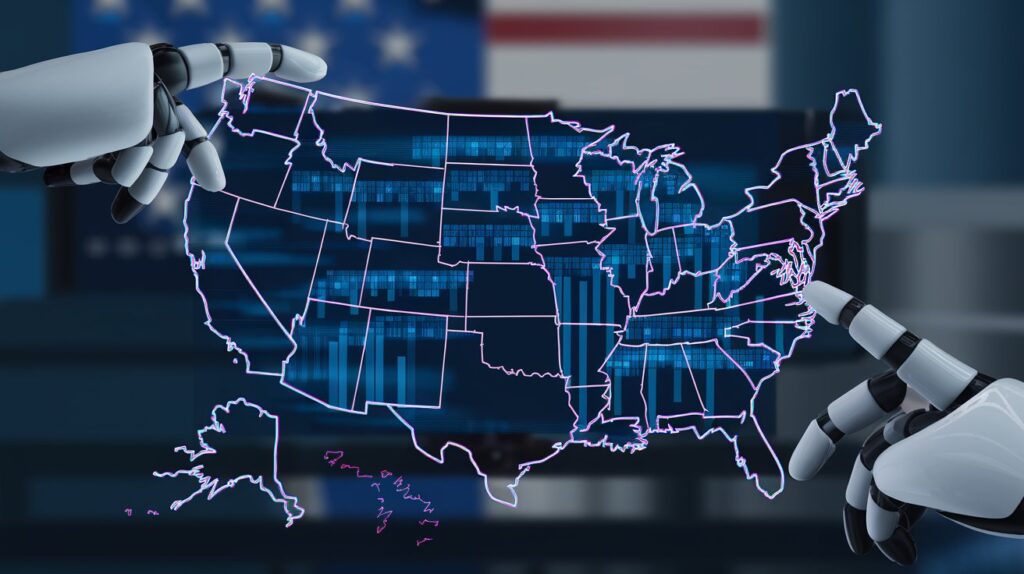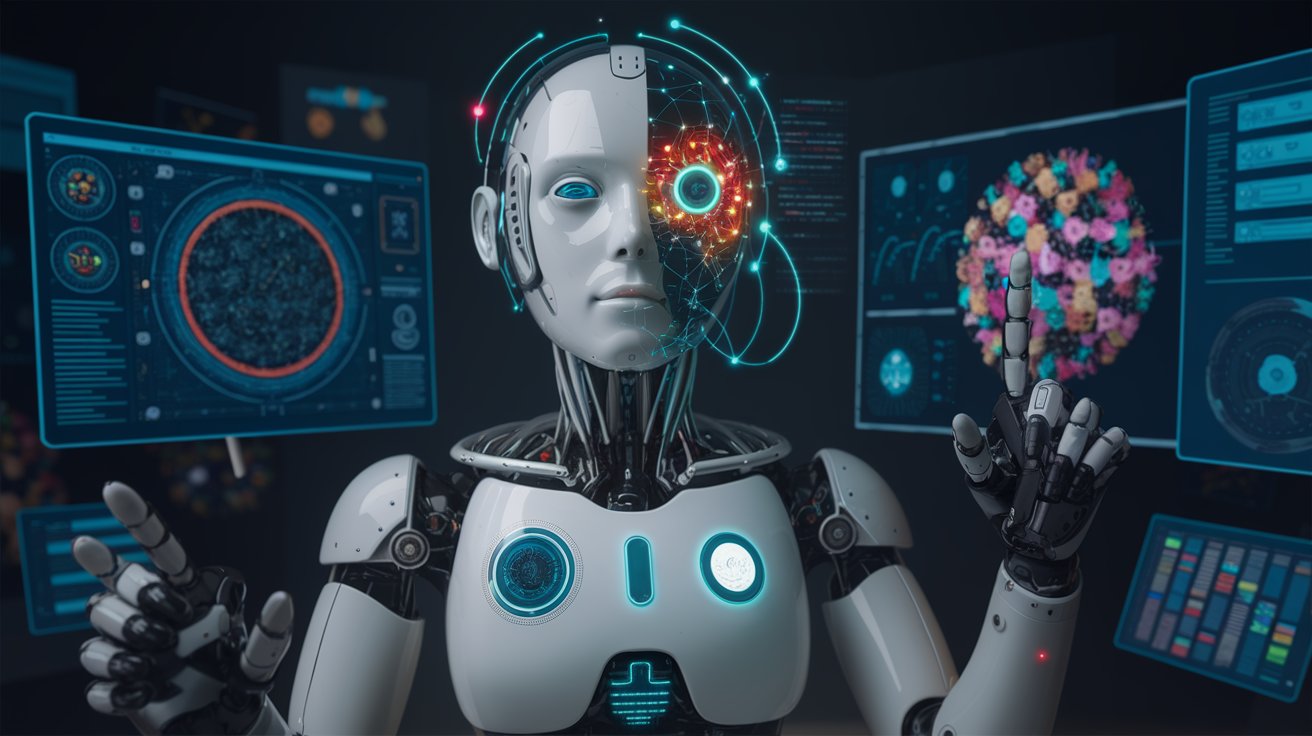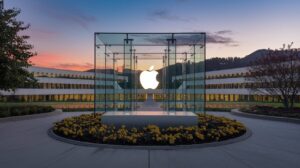Google’s Gemini AI has taken the artificial intelligence world by storm, surpassing OpenAI’s ChatGPT in performance, accuracy, and versatility. This groundbreaking development is reshaping the future of AI in America, with far-reaching implications for industries, innovation, and global competition. In this article, we’ll explore what makes Gemini AI a game-changer, its impact on the AI landscape, and why these matters for the future of technology in the United States.
Table of Contents
Why Gemini AI is a Game-Changer
Google’s Gemini AI is not just another AI model—it’s a leap forward in machine learning and natural language processing. Unlike ChatGPT, which relies on pre-trained datasets, Gemini AI incorporates real-time data integration and adaptive learning mechanisms. This allows it to continuously improve its performance, making it more accurate, efficient, and versatile.
For example, in benchmark tests, Gemini AI has demonstrated higher accuracy rates and faster response times compared to ChatGPT. Its ability to process vast amounts of data in real-time makes it ideal for applications in healthcare, finance, and customer service, where precision and up-to-date information are critical.

Comparison Table: Google’s Gemini AI, ChatGPT, and DeepSeek AI
To help you understand the key differences and strengths of these three AI models, here’s a detailed comparison table. This table highlights their performance, features, and applications, making it easier to see how they stack up against each other.
| Feature | Google’s Gemini AI | OpenAI’s ChatGPT | DeepSeek |
|---|---|---|---|
| Developer | OpenAI | DeepSeek AI | |
| Primary Use Case | Real-time data integration, adaptive learning | Conversational AI, text generation | Specialized tasks, industry-specific solutions |
| Accuracy | High (superior in benchmark tests) | High (but slightly lower than Gemini AI) | Moderate to High (depends on the application) |
| Response Time | Faster (real-time processing) | Fast (but slower than Gemini AI) | Varies (optimized for specific tasks) |
| Adaptability | Continuously learns and adapts | Pre-trained with limited adaptability | Task-specific adaptability |
| Data Integration | Real-time data processing | Pre-trained datasets | Customizable data integration |
| Applications | Healthcare, finance, customer service | Customer support, content creation, education | Industry-specific solutions, niche markets |
| Strengths | Real-time learning, high accuracy, versatility | Conversational abilities, ease of use | Specialized expertise, customizable solutions |
| Weaknesses | Requires significant computational resources | Limited real-time adaptability | Less versatile for general-purpose tasks |
| Ethical Considerations | Data privacy, ethical AI use | Bias in training data, ethical concerns | Industry-specific ethical challenges |
The Impact on the AI Landscape in America
The success of Gemini AI underscores the growing importance of AI in shaping the future of technology and industry in America. Google’s investment in AI research and development is positioning the company as a global leader in the AI race. This has sparked a wave of innovation and competition, with tech giants like Microsoft, Amazon, and Apple accelerating their AI efforts.
For businesses, Gemini AI offers unprecedented opportunities to enhance productivity, decision-making, and customer engagement. However, it also raises important questions about data privacy, ethical AI use, and the potential for job displacement. As the AI landscape evolves, these challenges will need to be addressed through collaboration between industry leaders, policymakers, and researchers.
Trending Perspectives on Gemini AI vs. ChatGPT
A quick search on Google reveals that the topic of Gemini AI outperforming ChatGPT is trending across blogs, news platforms, and forums. Articles from TechCrunch, Wired, and The Verge highlight the technical advancements of Gemini AI, while platforms like Reddit and Hacker News are buzzing with discussions about its potential impact on the AI industry.
Many experts agree that Gemini AI’s success is a testament to Google’s commitment to innovation. However, some caution that the rapid pace of AI development could lead to regulatory challenges and ethical dilemmas. As the debate continues, one thing is clear: the competition between Google and OpenAI is driving unprecedented progress in the field of artificial intelligence.

Why This Matters for the Future
The emergence of Gemini AI as a frontrunner in the AI race has far-reaching implications for the future of technology and society. It highlights the need for robust AI governance frameworks, increased investment in AI education, and collaboration between industry leaders and policymakers. As America strives to maintain its leadership in the global AI landscape, the success of Gemini AI serves as both an inspiration and a call to action. [USnewsSphere.com]








